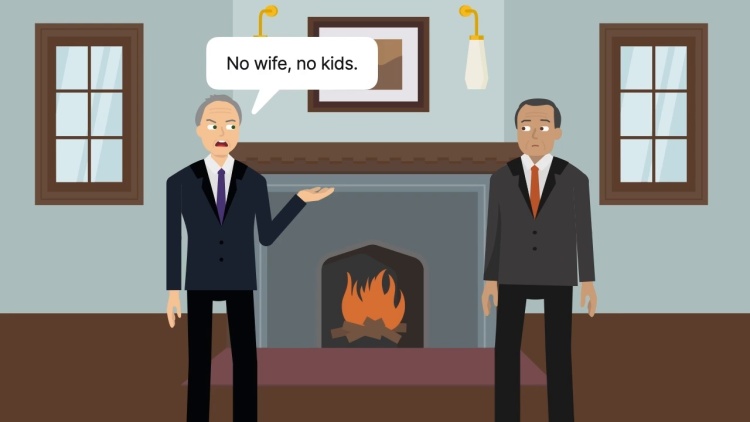State v. Rudawski (In re Estate of Tim)
Florida Supreme Court
180 So. 2d 161 (1965)
- Written by Liz Nakamura, JD
Facts
Jacob Tim, a wealthy man who was born bearing the name Jacob Timiansky, died intestate in Florida. Tim was unmarried and did not recognize any relatives during his life. Tim was originally from Brest-Litovsk, Russia, where many other, unrelated families lived who shared the surname Timiansky. The administrator of Tim’s intestate estate filed a petition for determination of heirship. In response, 53 persons claiming varying degrees of relation to Tim appeared to litigate a claim to Tim’s estate. Five out of those 53 were the Rudawski Group (defendants). Subsequently, the State of Florida (plaintiff) filed a claim of escheat for Tim’s estate. The probate judge ruled that Tim’s estate should escheat to Florida, holding that none of the 53 claimed heirs had provided sufficient proof of valid heirship and that simply sharing a hometown and a last name were insufficient bases to claim heir status. The Rudawski Group appealed, arguing that the burden was on the state to prove no heirs existed and that the escheat statute must be construed liberally in favor of the existence of heirs. Florida countered, arguing that the state only needs to perform a diligent search for heirs to satisfy the escheat statute. The court of appeals reversed, finding that the members of the Rudawski Group had established their status as Tim’s heirs. The case was then certified to the Florida Supreme Court as a question of great public interest.
Rule of Law
Issue
Holding and Reasoning (Per curiam)
What to do next…
Here's why 905,000 law students have relied on our case briefs:
- Written by law professors and practitioners, not other law students. 47,100 briefs, keyed to 995 casebooks. Top-notch customer support.
- The right amount of information, includes the facts, issues, rule of law, holding and reasoning, and any concurrences and dissents.
- Access in your classes, works on your mobile and tablet. Massive library of related video lessons and high quality multiple-choice questions.
- Easy to use, uniform format for every case brief. Written in plain English, not in legalese. Our briefs summarize and simplify; they don’t just repeat the court’s language.





